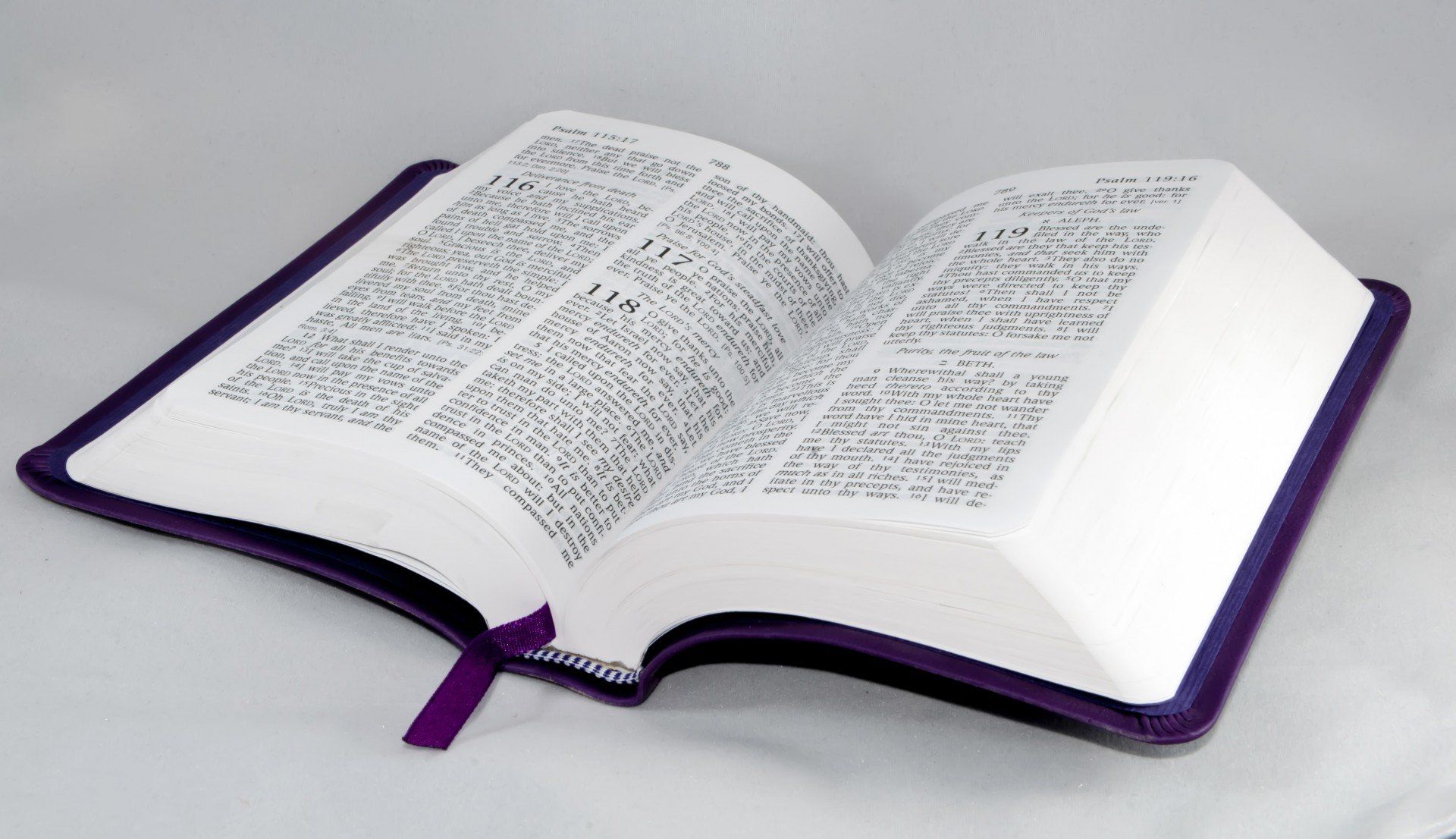The Teacher

James 3:1-12
The Bible teaches: "The tongue has the power of life and death" (Prov. 18:21). The tongue is capable of great good. "The tongue that brings healing is a tree of life.... and how good is a timely word!" (Prov. 15:4, 23). It is also capable of great harm. Therefore David resolved, "I will watch my ways and keep my tongue from sin; I will put a muzzle on my mouth as long as the wicked are in my presence" (Psa. 39:1).
No wiser counsel about the tongue and its proper use can be found than the inspired counsel given by James in his epistle. James opens with a specific warning to Christian teachers and to those who aspire to such work. "Not many of you should presume to be teachers, my brothers, because you know that we who teach will be judged more strictly" (James 3:1). This statement was not intended to discourage teachers or to cause Christians to waste their opportunities to teach. Rather it was intended to exhort teachers to do their work out of a pure motivation and with careful restraint over their tongues.
The role of teacher was indispensable and highly respected in the early church. Thus some were tempted to become teachers out of a love for preeminence among their brethren. Furthermore, there was the potential harm a teacher could do with his tongue in the exercise of his office. For one thing, he could cause men to be condemned by teaching them falsehoods (cf. 2 Thess. 2:10-12). For another, he could be tempted to win personal loyalties to himself by flattery and guile (cf. Rom. 16:18). Again, he could be guilty of distracting from Christ by a display of worldly wisdom in his teaching (cf. 1 Cor. 2:1).
Because of dangers such as these, one must be very careful about his motives and manner as a teacher. Teachers will be judged by a stricter standard than other Christians -- both by men in this life and by God in the final Judgment.
Let me suggest, first of all, that James is talking about a distinctive ministry, that spoken of when Paul said, "And he gave ... some, evangelists; and some, pastors [or elders] and teachers" (Ephesians 4:11).
James is emphasizing two things: (1) Do not become teachers from the wrong motivation . Among the Jewish people, it was a great honor to be a teacher. In the New Testament church, the public teacher of the word also held an exalted position--along with the apostles, prophets, evangelists, and elders (Ephesians 4:11). People being people, there would be some who would desire the position of teacher for the honor it might bring. Some find it hard to resist the combination of position, prominence, and plaudits! (2) Do not become teachers without preparing yourselves . Verse 13 of the chapter has: "Who is a wise man and endued with knowledge among you? let him show out of a good conversation [manner of life] his works with meekness of wisdom." Obviously some were claiming to be wise and endued with knowledge. James challenges them to prove their claims. They evidently wanted to be acclaimed as wise and knowledgeable teachers without going to the trouble of preparing themselves.
The influence of a teacher is so great that it is imperative that each teacher prepare mind and life. This involves gaining a knowledge of God's word (I Timothy 1:7). This involves training in how to teach. And it involves living by the standards that we proclaim (Romans 2:17-19; II Timothy 2:2).
Bob's Blog









